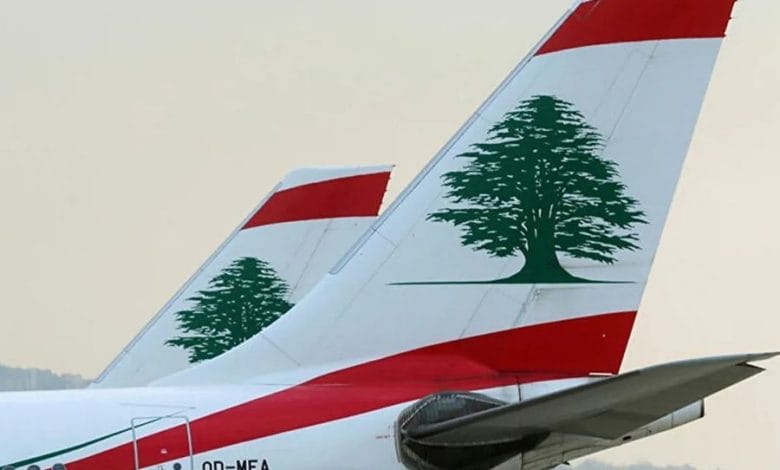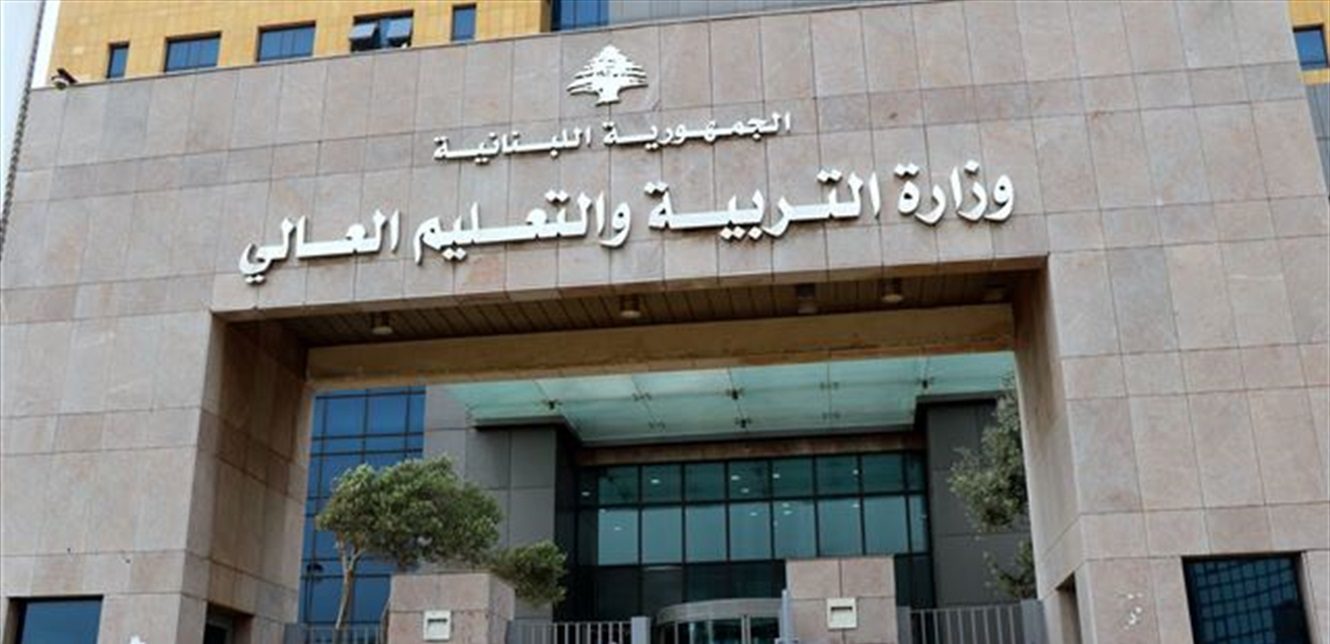شركة “الميدل إيست” الأكثر شجاعة في الكوكب بحسب “الفايننشال تايمز”
منذ بدء الحرب الإسرائيلية على لبنان، يكاد لا يمر يوم دون أن تشن الطائرات الإسرائيلية غارات على الأبنية والمجمعات السكنية، حيث تدكّها بالقذائف والصواريخ الذكية، مما يؤدي إلى تدميرها كلياً أو جزئياً. لكن حتى اليوم، لا تزال المنشآت المدنية اللبنانية والبنى التحتية مثل محطات المياه، والكهرباء، والجسور، والطرق، والمرافق العامة، بما في ذلك مطار بيروت الدولي، مستثناة من هذه الاعتداءات.
يبدو أن الضمانات الدولية والعربية التي تمنع إسرائيل من قصف المطار ما زالت سارية، على الرغم من أن إسرائيل سبق وأن قصفته في الماضي. وإذا توسعت الحرب أكثر، قد يتغير هذا الوضع. ففي 13 تموز (يوليو) 2006، أي بعد يوم واحد من بدء الحرب، دمرت الطائرات الإسرائيلية ثلاثة مدارج في مطار بيروت، مما جعله خارج الخدمة حتى 17 آب من العام ذاته. إلا أن الحاجة الدولية للمطار لإجلاء رعاياها واستقبال المساعدات الإنسانية أدت إلى منع إسرائيل من مواصلة هجماتها عليه.
رغم الغارات العنيفة التي تشنها إسرائيل بالقرب من المطار، لا تزال الميدل إيست وإدارة مطار رفيق الحريري الدولي صامدتين في وجه محاولات إسرائيل تقطيع أوصال لبنان عن العالم. هذا الإصرار لا يعني تعريض المطار للخطر، حيث أكد رئيس مجلس إدارة “طيران الشرق الأوسط”، محمد الحوت، في حديثه لـ”النهار”، أن الشركة ملتزمة بتأمين سلامة الطواقم والركاب والموظفين في المطار والمتعاملين معه. وأوضح أن هناك لجنة لتقييم الأخطار، وفي حال شعورهم بأي خطر، يتم اتخاذ الإجراءات الوقائية اللازمة فوراً.
وعلى الرغم من الإشادات التي تلقتها “الميدل إيست” محلياً وعالمياً على خلفية شجاعة طياريها ومضيفيها، وإصرارها على الحفاظ على ربط لبنان بالعالم، آخرها مقال في الفايننشال تايمز الذي وصفها بأنها “الشركة الأكثر شجاعة في الكوكب”، يرى الحوت أن ما تقوم به الشركة هو جزء من تاريخها المشرف وطنياً وعالمياً. إذ كانت “الميدل إيست” ولا تزال وسيلة لبنان للاتصال بالعالم في كافة الحروب التي مرت بها البلاد، بينما توقفت جميع شركات الطيران الأخرى عن تسيير رحلات من وإلى لبنان.
وأشار الحوت إلى أن الشجاعة التي أظهرها طيارو الشركة، والمضيفون، وكل موظف في الشركة والمطار، تستحق التحية. “كل منهم يؤدي واجبه على أكمل وجه، ولم يتراجعوا عن أداء مهامهم رغم المخاطر المحيطة بهم”، وأضاف أن “الميدل إيست” لم تعدل أسعار تذاكرها رغم الظروف الحالية، بل حافظت عليها منذ يوليو (تموز) الماضي، حتى مع التحديات المستمرة، مثل الرحلات التي كانت مغادرة من بيروت ممتلئة والعودة فارغة.
من جهة أخرى، أكد الحوت أن الشركة تقيّم الأخطار بدقة قبل إقلاع الطائرات أو هبوطها، وتأخذ في الاعتبار المخاطر المحتملة، خصوصاً في ظل القصف الإسرائيلي. ورغم المخاطر المتزايدة بالقرب من المطار، واصل موظفو “الميدل إيست” العمل بما يعكس حرصهم على المحافظة على سير الرحلات واستمرار الاتصالات الدولية مع لبنان.
ومنذ توقف شركات الطيران العربية والأجنبية عن تسيير رحلاتها من لبنان وإليه في سبتمبر 2024 وحتى أكتوبر 2024، قامت “الميدل إيست” بتسيير 2368 رحلة، نقلت خلالها 223,000 راكب، بينهم 175,000 راكباً غادروا لبنان و57,000 عادوا، وهو ما يمثل جزءاً كبيراً من حركة الركاب في تلك الفترة.
في المقابل، انخفضت حركة المطار إلى 30% من مستوى ما قبل الحرب، فيما تسيّر “الميدل إيست” عدداً أقل من الرحلات مقارنة بمتوسطها الموسمي البالغ 45 رحلة. وبينما كانت نحو 55 أو 60 شركة طيران تعمل في مطار بيروت قبل الحرب، اليوم، تبقى “الميدل إيست” الشركة الوحيدة التي تواصل رحلاتها من وإلى لبنان، ورغم انخفاض إشغال الرحلات، تبقى هي الوحيدة التي تربط لبنان بالعالم.
المصدر: سلوى بعلبكي – النهار
MEA: “The Bravest Airline on the Planet” According to the Financial Times
Since the beginning of the Israeli war on Lebanon, the skies have been filled almost daily with Israeli bombers targeting buildings, residential complexes, and infrastructure with tons of bombs and smart missiles. Many buildings have been completely or partially destroyed. However, to this day, Lebanese state facilities, such as water stations, electricity infrastructure, bridges, roads, and public facilities—especially Beirut International Airport—have been spared from these attacks.
It seems that international and Arab guarantees to prevent Israel from bombing the airport are still in place, despite the fact that Israel has targeted the airport in the past. This could change if the war expands further. On July 13, 2006, just one day after the war began, Israeli airstrikes destroyed three runways at Beirut Airport, rendering it out of service until August 17 of the same year. However, the international community's need for the airport to evacuate its nationals and receive humanitarian aid led to efforts to prevent further Israeli attacks.
Despite intense Israeli airstrikes near the airport, Middle East Airlines (MEA) and the management of Beirut-Rafic Hariri International Airport continue to withstand Israel's efforts to sever Lebanon's connection to the outside world. This determination does not mean putting the airport at risk. According to Mohammed El-Hout, Chairman of MEA, “the airline is committed to ensuring the safety of its crews, passengers, and airport personnel. A risk assessment committee is in place, and as soon as any danger is perceived, immediate protective measures are taken.”
MEA has received numerous local and international accolades for the bravery of its pilots, flight attendants, and the company's dedication to keeping Lebanon connected to the world. Recently, The Financial Times magazine described MEA as “the bravest airline on the planet.” El-Hout views this as a testament to the airline's long-standing commitment to maintaining Lebanon's international links during every conflict, at a time when no other airline operated flights to or from Lebanon.
El-Hout adds, “Middle East Airlines has been and will always be the means of connecting Lebanon and the Lebanese people with the world. We face every challenge to achieve this goal.”
While MEA's pilots have gained a reputation for bravery, El-Hout is quick to salute them, as well as the flight attendants and all employees at the company and airport. “Everyone performs their duties to the highest standard. Even during the most dangerous security conditions, the pace of operations has remained unchanged from before the war.”
In response to rumors regarding rising ticket prices, El-Hout clarifies that the airline has not increased its prices. “On the contrary, our prices have remained the same since July, even though our flights were departing Beirut full and returning with only about two-thirds of the capacity. While the situation has changed today, the load factors on our flights have not returned to normal levels.”
The risks MEA faces due to the proximity of Israeli attacks to the airport are not hidden. El-Hout explains, “The airline assesses risks before takeoff or landing, considering calculated risks, especially since we take responsibility for the safety of the aircraft crew and passengers.”
From September 24 to October 31, 2024, while most foreign and Arab airlines ceased operations to and from Lebanon, MEA took on the responsibility of transporting passengers. The airline operated 2,368 flights, including 1,184 outbound and 1,184 return flights, carrying 223,000 passengers, 175,000 of whom left Lebanon and 57,000 returned. By contrast, foreign and Arab embassies' evacuation operations amounted to around 600 flights with fewer than 15,000 passengers.
It is well known that airport traffic has decreased by 30% from pre-war levels, and MEA now operates fewer flights than its seasonal average of 45 flights per day. According to Jean Aboud, Head of the Association of Travel and Tourism Agencies, “Previously, 55 to 60 airlines used to land at Beirut Airport, but today only one airline remains. If MEA flights now come from abroad with a load factor ranging between 80% and 90%, they represent just 20% of what we used to see during this holiday season. The overall travel market in Lebanon has declined by 80% compared to previous years.”
Translated by economyscopes team
 سكوبات عالمية إقتصادية – EconomyScopes إجعل موقعنا خيارك ومصدرك الأنسب للأخبار الإقتصادية المحلية والعربية والعالمية على أنواعها بالإضافة الى نشر مجموعة لا بأس بها من فرص العمل في لبنان والشرق الأوسط والعالم
سكوبات عالمية إقتصادية – EconomyScopes إجعل موقعنا خيارك ومصدرك الأنسب للأخبار الإقتصادية المحلية والعربية والعالمية على أنواعها بالإضافة الى نشر مجموعة لا بأس بها من فرص العمل في لبنان والشرق الأوسط والعالم




